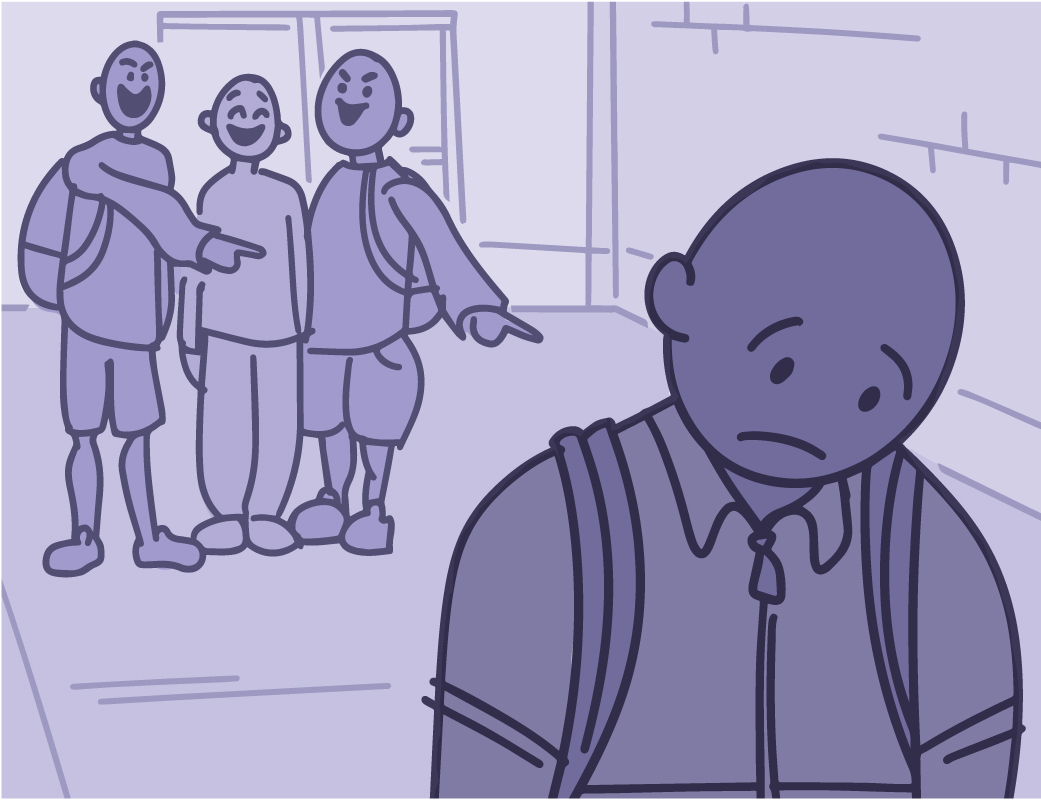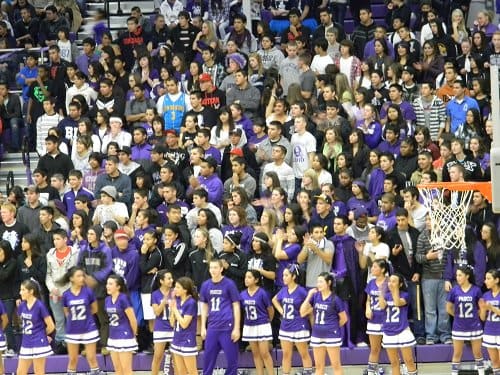Many students may wonder why schools hold fundraisers and what the money is used for. It sometimes feels like we are constantly being asked to sell items or help at events, but fundraisers play a significant role in allowing school sports and clubs to continue their activities. It’s not just about the money; it’s about opportunity, teamwork, and school spirit. Fundraisers raise funds for sports and clubs so they can purchase the necessary items to operate. Many schools do not have enough budget to cover all their needs, so teams and clubs rely on fundraising to fill the gap.
For instance, a sports team might use the money to buy new jerseys, shoes, or equipment like basketballs, soccer balls, or helmets. Clubs may require funds for art supplies, paint, science materials, or to help pay for field trips and competitions. Without fundraising, it would be much harder for students to enjoy these programs or for them to even exist.
I went ahead and asked Mr. Covington, our wrestling coach, a few questions about how fundraisers support our sports program.
1. How do fundraisers help support your team throughout the season?
– Mr. Covington: “They allow us to travel to events that we wouldn’t otherwise be able to attend. They also help support kids in off-season club wrestling that they may not be able to afford.”
2. What do you do with the fundraiser money?
– Mr. Covington: “The funds are used to pay for summer wrestling camps, freestyle tournaments, and other freestyle costs. Freestyle wrestling includes Olympic styles like Greco and freestyle. This funding allows kids who wouldn’t otherwise be able to compete to participate.”
3. How would the sports program be affected if there were no fundraisers?
– Mr. Covington: “We would be limited to activities within our local area.”
4. What has been one of the most successful fundraisers you’ve conducted, and why do you think it worked well?
– Mr. Covington: “Our summer Redneck Wrestling program has been very successful. It works well because teams come from states like Montana, Utah, Idaho, Oregon, and Washington, and they get to wrestle 20 to 25 matches in three days. It’s inexpensive, and we provide breakfast and lunch, allowing everyone to relax and focus on wrestling for those three days. We’ve been doing this for 17 years, and it brings in a lot of money for our wrestling program.”
5. What would you like students to understand about the importance of school fundraisers for sports?
– Mr. Covington: “Fundraisers are essential to finance all sporting activities because programs are limited by a fixed budget. To give our kids opportunities to travel and experience new things, we either need to draw from the parents’ pockets or raise funds to make it possible.”
Another critical aspect of fundraisers is that they provide everyone in the school with an opportunity to work toward a common goal. When students, teachers, and families come together to help, it fosters a sense of unity and teamwork. Whether selling snacks after school, hosting a car wash, or organizing a school fair, each person’s effort adds up. This shows students that success doesn’t come from individual effort; it requires collaboration. The teamwork developed during fundraisers can also benefit students in the future, including in sports, friendships, and potential jobs.
One of the exciting elements of fundraisers is that they encourage creativity among students. When a team or club needs to raise money, students brainstorm original ways to attract attention and gain support for their cause. Rather than repeating the same ideas, many groups develop new concepts that reflect their club’s personality. For example, students might host a sip and paint event with snacks, while the drama club could perform short skits or talent shows to entertain attendees. Sports teams might organize game nights or fitness challenges, while music programs could hold concerts where students perform for donations. Each group adds its unique twist, making every fundraiser special and memorable.
However, while fundraisers can be fun and rewarding, they also come with challenges that require significant effort to overcome. Planning an event is not always easy; it demands time, organization, and teamwork to ensure everything runs smoothly. Students must determine what to sell, how to promote the event, and when to hold it. Sometimes, things don’t go as planned—such as bad weather on car wash day or not selling as much as anticipated. These situations can be stressful. Fundraisers require hours of preparation, dedication, and communication. They demonstrate that when students invest real effort, they can turn challenges into successes. Even if things don’t go perfectly, the experience teaches them patience, problem-solving, and teamwork. Ultimately, the work behind a fundraiser makes the results even more meaningful because students know they earned the outcome through their effort and determination.
Mr Hockaday, the Ski/Snowboarding club advisor, says that “fundraisers take a great deal of time to prepare for. Getting quotes, submitting ASB paperwork, creating fliers, updating SchoolPay accounts, ordering, and distributing when products come in. It isn’t fun; however, if it wasn’t for the fundraisers we do for the club, we would not be able to go on trips.”
In the end, fundraisers are not just about raising money; they are about building connections and supporting something meaningful. They teach students teamwork, creativity, and responsibility while helping sports teams and clubs achieve their goals. Fundraisers also unite students, teachers, and families, fostering school spirit and community. Each event illustrates the power of hard work and collective effort, showing that even small contributions can make a significant difference. Beyond the funds raised, fundraisers impart lasting lessons about leadership and pride. They remind us that true success comes from working together and supporting one another to strengthen our school.








